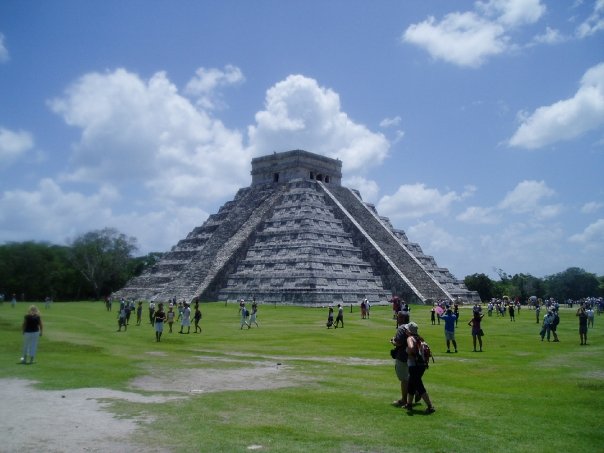George Washington wasn’t a particularly great general at the beginning of the Revolutionary War. He was competent, which was actually a lot better than many of the other people vying for the job. One thing he had that others didn’t was a vision for how to win the war. He got this insight from his time with the British Regulars during the French and Indian Wars, where he rose up the ranks of the British army and learned not only their strategies and formations, but those of the French and the major tribes in the area. If it wasn’t for that experience, we likely would have lost that war.
Thomas Jefferson and James Madison were both lawyers and political philosophers. Benjamin Franklin and Thomas Payne were both publishers. Without them, the new country would have floundered and died in short order. They had skills and talents that were learned from years of experience prior to the founding of the United States.
The Founders were also a product of their times. They were influenced by the Enlightenment. All were wealthy landowners, until recently, George Washington was the richest person ever to win the Presidency. This was one reason why they held the voters of the future republic in such low regard, which is why the only part of the Federal Government that was directly elected was the House of Representatives. The States selected Senators, the Electoral College selected the President and Vice-President, and judges were appointed and confirmed by the groups that weren’t elected by the people. The decisions these people made influenced the course of history, not only for the US, but for Europe and the rest of the world.
Nothing happens in a vacuum. When you are coming up with historical or influential people in your setting, you need to decide who and what influenced them. Were they reacting to something in the world? Were they implementing a new, pioneering idea, or returning to their perception of the good, old days? If they were influenced by particular thinkers, who were their influences? Remember, we react to ideas we disagree with perhaps even more strongly than those we do. After all, the colonists weren’t revolting because they believed in creating a new country, but because they wanted to have a say in how their tax money was spent.
Every setting has people who changed the course of their world. Deepening the histories of those figures will aid in building the rest of your world and give you ideas about plots and subtexts you may have never considered before. If the leader is beloved, but they’re hopelessly naive about how things work in the real world (Washington wouldn’t believe that Jefferson was working against his policies, even though he clearly was), how does that affect your characters or plot? If a religious leader is becoming so influential that the government is at risk of collapse, what will your protagonists do? If a third of the country secedes from the rest, how will that change the direction of your story? What if the military leader for the rebellion’s army hates the idea, but feels it’s his duty to follow the orders of the governor of his State (much like Robert E. Lee)? Your world will be all the richer when you incorporate these internal conflicts and facets to not only your history but the figures who shaped that history.

